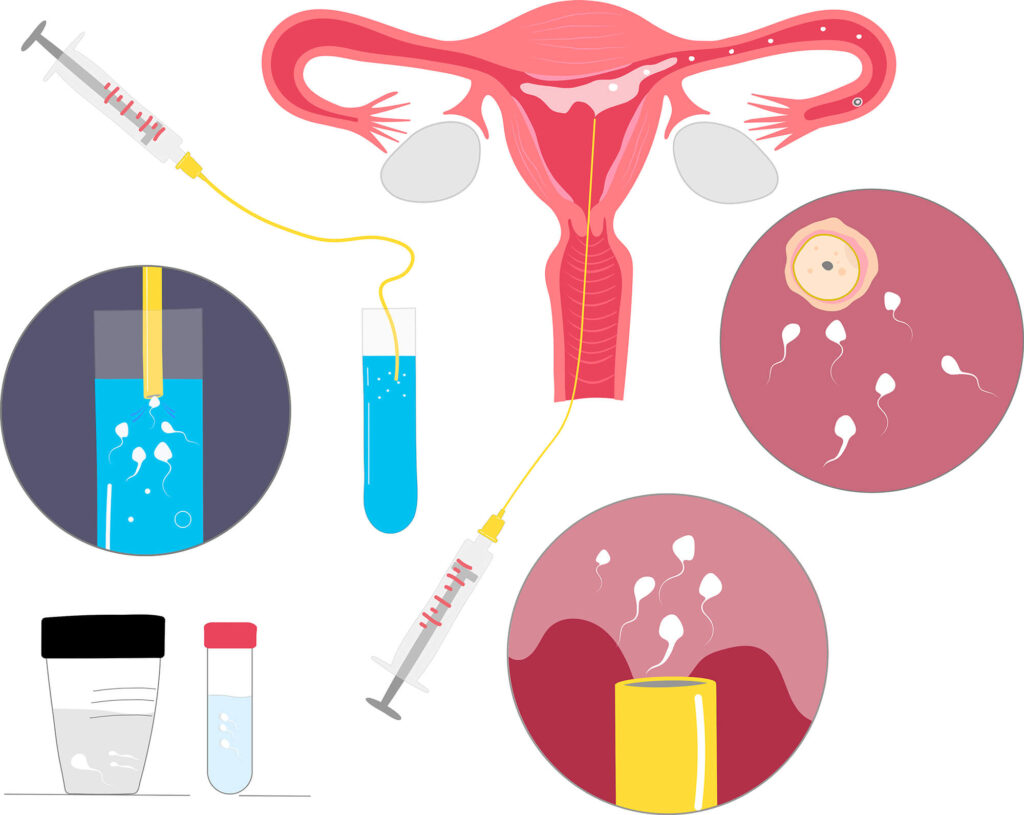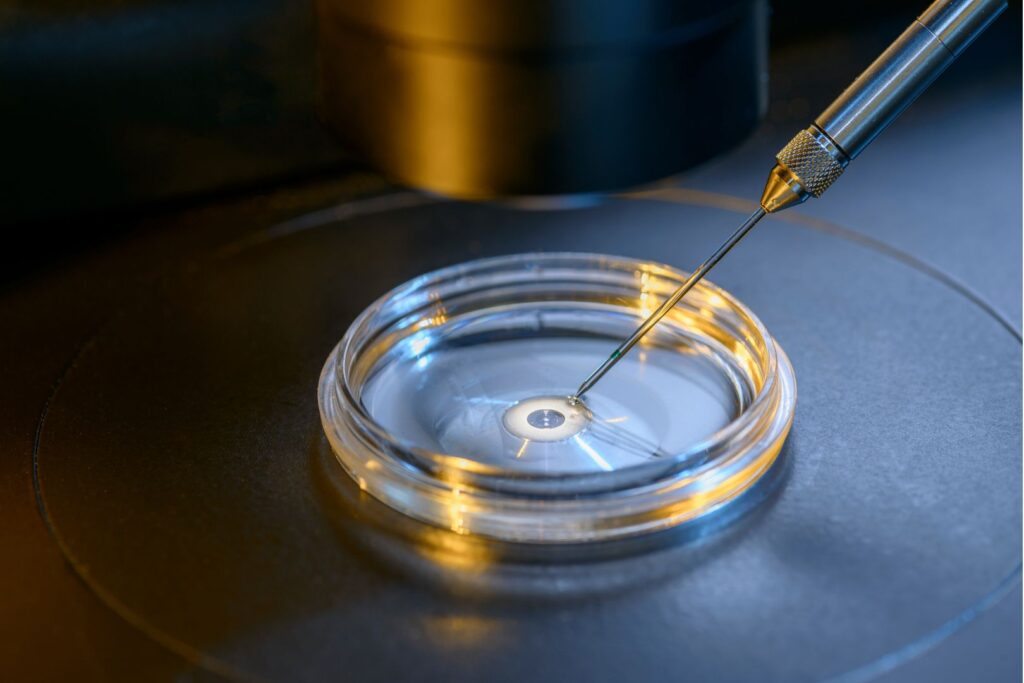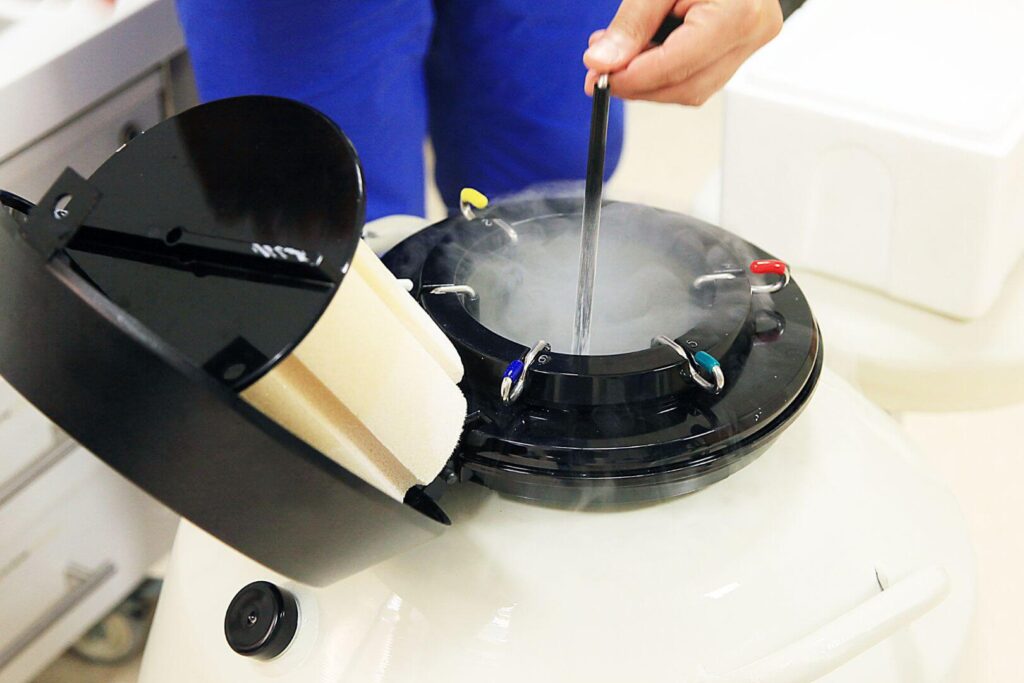In a world where traditional family structures are evolving, the idea of family planning is taking on new shapes, especially for singles. While the idea of parenthood might traditionally be associated with couples, more and more individuals are embracing the path of single parenthood.
For those considering this journey, whether by choice or circumstance, understanding the options and strategies available for family planning is important.
Single parenthood comes with its own set of challenges and joys. Whether someone is a single female looking to have a child or a single male considering parenthood, there are options and considerations unique to each situation.
Continue reading to explore family planning for singles, focusing on the various avenues for single-parent families, including single women and single men, along with the importance of fertility preservation.
Table of Contents
Family Planning for Single Women

With the changing traditional family structure, many single women have expressed their desire to have a child on their own. This is now commonly known as becoming a single mother by choice (SMC).
Being a single mother by choice means choosing a sperm donor to become pregnant. Sperm donors provide single women with an opportunity to conceive without a partner. Through medical assistance, single women can undergo fertility treatments to increase their chances of conception.
For these single women, assisted reproductive technologies offer a path to parenthood. Fertility treatments in assisted reproductive technologies like Intrauterine Insemination (IUI) or In Vitro Fertilization (IVF) are commonly used by women looking to become single mothers without the need for a partner or spouse.
Intrauterine Insemination (IUI)
Intrauterine Insemination (IUI), commonly referred to as artificial insemination, involves directly placing sperm into the uterus during ovulation. For single women seeking to conceive without a partner, IUI offers a viable option.

To undergo IUI, single women must choose a sperm donor for the insemination process. The donor’s sperm is carefully introduced into the uterus, allowing it to naturally encounter and fertilize the egg.
Because IUI is a minimally invasive procedure, it can be easily integrated into a woman’s lifestyle, allowing her to pursue parenthood without disrupting her daily routine.
In Vitro Fertilization (IVF)
In Vitro Fertilization (IVF) involves combining eggs and sperm in a laboratory to facilitate fertilization. A doctor carefully retrieves a woman’s eggs from the ovaries and fertilizes them with sperm to create embryos. They then transfer the embryos into the uterus to develop into a pregnancy.

For single women aiming toward parenthood, using donor sperm for IVF is another method of conception.
One of the advantages of IVF for single women is the ability to take charge of their fertility journey. Unlike natural conception methods, IVF provides greater control and predictability. It allows women to plan and optimize their chances of conception.
Both IUI and IVF provide single women with access to a diverse pool of sperm donors, ensuring flexibility and choice in the conception process. By finding sperm donors based on genetic compatibility, personal preferences, or other criteria, single women can make informed decisions that align with their vision of motherhood.
Family Planning for Single Men

Similarly, single men have options available to them if they wish to become single fathers by choice (SFC). Choosing to become a single father by choice entails utilizing surrogacy with egg donation and IVF.
Single men often choose surrogacy with egg donation as a route to parenthood. Similar to single women choosing a sperm donor, single men have the option to select their egg donors. Giving them flexibility and a choice in conception when it comes to certain genetic factors and preferences.
Egg Donor IVF
Egg donation is a process in assisted reproductive technology where a woman, known as the egg donor, donates her eggs to be used for In Vitro Fertilization (IVF) or other fertility treatments.

During the IVF process, a sample of the individual’s semen is used to fertilize the donated egg, creating embryos. Through this combined approach of IVF and egg donation, single men aspiring to have children can utilize these embryos by transferring them to a surrogate, who will carry the pregnancy to term.
Single Male Surrogacy
Through surrogacy, a gestational carrier carries the embryo to term. A gestational carrier, also known as a gestational surrogate, carries and gives birth to a baby on behalf of another person or couple.
In gestational surrogacy, the surrogate has no genetic relationship to the child she carries and delivers, as the embryo originates from the genetic material of the intended parent(s) and/or donors.

Through the use of egg donation with IVF and a surrogate, single men aspiring to become single fathers have the opportunity to start on their journey of parenthood without a partner, while still having a genetic connection to their child, and doing so at a timing that is right for them to start a family.
Fertility Preservation

For individuals who are not yet ready for parenthood but wish to preserve their fertility for the future, fertility preservation techniques like egg freezing and sperm freezing offer a proactive approach. This is particularly relevant for those who are potentially waiting for the right partner or simply the right time to start a family, with or without a partner.
By preserving their fertility, individuals can give themselves more time to prepare for future family planning and safeguard against the effects of aging and potential fertility issues that may arise later in life.
Egg Freezing for Single Women
Egg freezing, or oocyte cryopreservation, involves retrieving a woman’s eggs, freezing them, and storing them for future use.

Why freeze your eggs? This method of fertility preservation allows women to preserve their fertility and reproductive potential, offering flexibility in future family planning decisions.
At what age should you freeze your eggs? Whatever your reason for future family planning, experts recommend freezing your eggs as early as possible! As women age, the quantity and quality of their eggs declines. It’s best to freeze your eggs before the decline occurs.
Check out this video of our fertility specialist, Dr. Nasab, as she answers when it’s best to freeze your eggs in more depth! What age should I freeze my eggs?
Sperm Freezing for Single Men
Sperm freezing, or sperm cryopreservation, entails collecting and freezing sperm samples for future use. Single men or those facing potential fertility-threatening circumstances, such as medical treatments, can benefit from sperm freezing to preserve their ability to conceive later on.

Why freeze your sperm? Similar to women’s egg quality, men’s sperm quality also deteriorates with age. As men grow older, the volume of sperm in semen decreases, and the number of abnormal sperm rises.
The cryopreservation of sperm allows men to take a proactive approach by freezing their sperm before any decline in quality occurs, ensuring viable options for future use.
Whether they intend to wait for the right partner or pursue single parenthood, freezing sperm provides flexibility for their family planning journey.
Plan for Your Future Family

With traditional family structures evolving, single individuals are embracing the path toward single parenthood.
Family planning for singles has a range of options for individuals that can be catered to their unique circumstances and preferences. Whether through assisted reproductive technologies for single parenthood or fertility preservation for future planning, singles have opportunities to start the families they dream of.
By exploring these avenues and understanding the available resources, individuals can begin their parenthood journey with confidence and preparedness, despite their relationship status.




